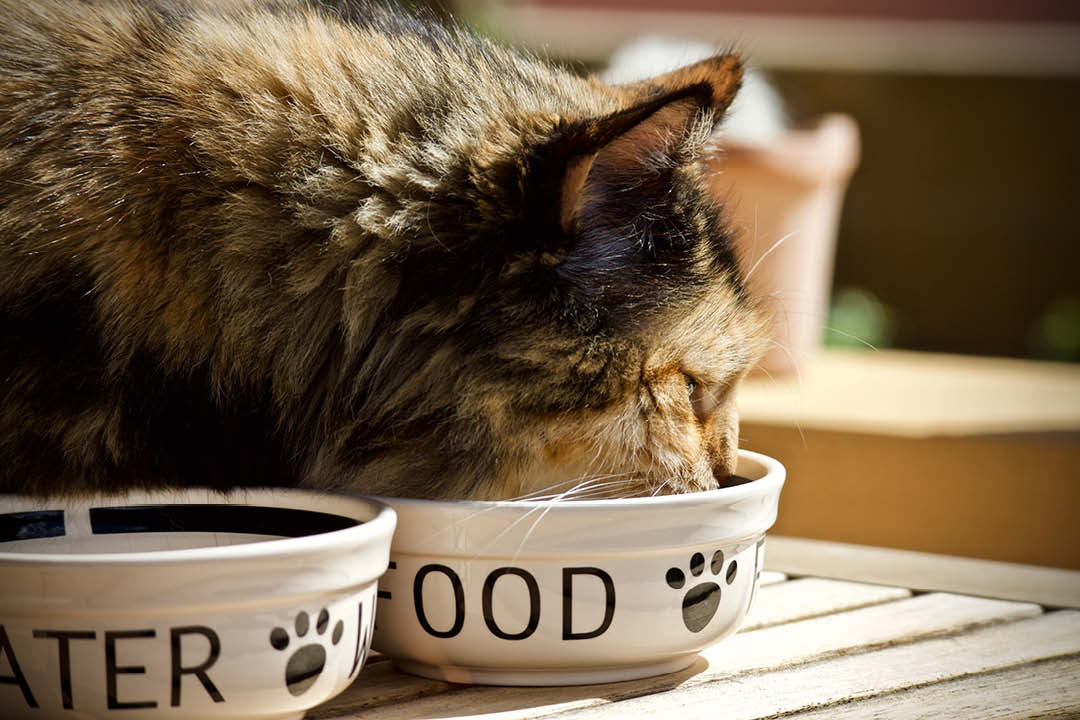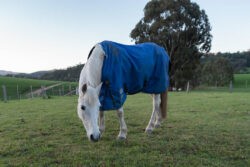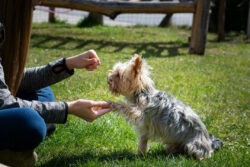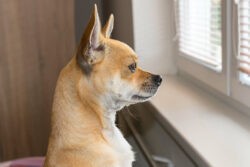We take a look at the options for feeding your dogs and cats a healthy diet.
Making the right choice on what to feed your pet can be essential to ensure his health and wellbeing. Yet the choice of food available can be fairly confusing. There are dry foods and wet foods; complete and complementary.
Foods may be bought from supermarkets, while premium quality foods, including those that are breed specific, can be purchased in pet shops. Health condition-specific foods can be purchased in veterinary practices.
Raw foods have been growing in popularity. They appeal to owners looking for a more natural approach to their pet’s diet, sometimes as a solution for cats or dogs with digestive, skin, or allergic issues. Commercially produced raw products are available in frozen or freeze-dried formats in pet shops. These foods may also be complete or complementary.
Grain-free pet foods have recently become popular for owners who wish to feed their dog or cat a high protein diet. Grains used in manufactured pet food include rice, wheat, barley, and maize (corn) and these ingredients form the carbohydrate content (the energy-giving element) of the food.
Whichever diet you choose, it is essential to follow the feeding guidelines on the packaging. Be aware that may need to adjust the amount you feed depending on your pet’s age, size/weight, and level of activity.
Your pet must always have access to fresh drinking water, especially if you feed them solely on dry food.
A COMPLETE FOOD… is nutritionally complete, which means it provides all of the nutrients in the amounts and proportions your pet needs. Only complete dog or cat foods are suitable for daily feeding without adding further food products.
A COMPLEMENTARY FOOD… is designed to just be part of the diet. They do not meet the pet’s nutritional requirements when fed alone. They may be a mixer product or treats, for example. Some raw food manufacturers produce complementary foods designed to be mixed with other products to make a complete meal.
WHERE TO GET FEEDING ADVICE
- Your vet can advise you whether your pet is at the correct weight. And, if overweight, he or she can help you draw up a weight-loss plan. It is vital to get professional help with this as it may not be as simple as cutting back on food amounts.
- If you have a new puppy or kitten, be sure to take the advice of the breeder, or the rescue centre — and stick to what they have been used to eating as they settle into your home. Take advice from your vet and be sure to make any changes to what you feed gradually.
- Pet shop proprietors can be very knowledgeable about the food products they sell.
- Check out the Pet Food Manufacturers’ website www.pfma.org.uk for a wide range of information and advice.







